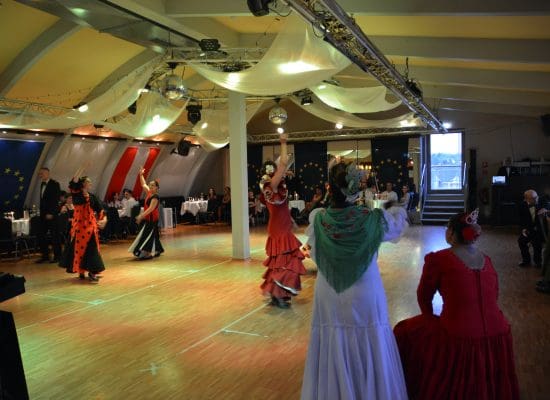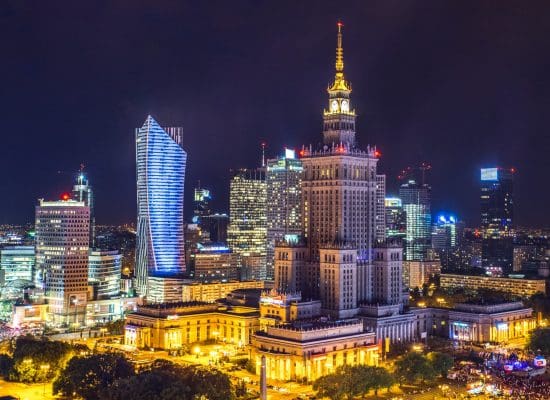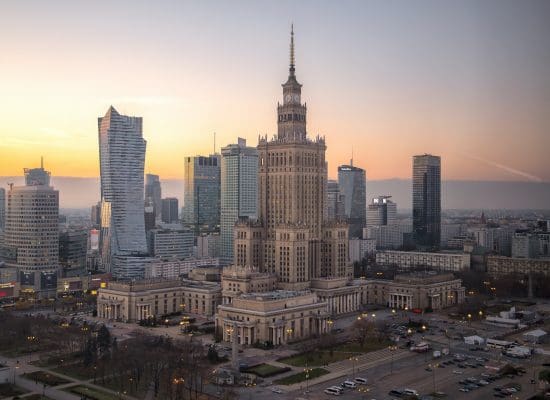Post photo: Citizen | © Ints Vikmanis, Shutterstock
A citizens' movement does not become such because citizens move there, but solely because the citizens organized in it accept challenges, i.e. move these challenges and thus change society as a whole.
One such citizens' movement is the European Federalists, at least they used to be until the late 1950s. Its potency was most clearly felt in 1948, when European-minded citizens from across Europe and far beyond came together in The Hague, ultimately forcing professional politics to change the world forever.
From the outset, historians of recent history wondered whether the federalists would succeed in achieving the same effectiveness in our societies that liberalism, patriotism or even nationalism and the various pan-movements had previously achieved.
Not only Kirian Klaus Patel In his book "Project Europe - A Critical History" he draws the conclusion that although in 1945 almost all Europeans no longer wanted war, the majority showed little interest in a solution to this problem, namely through the European idea, but only in its positive effects on their own, very personal well-being.
So it was the European federalists who, fully aware that they now had the right solution to most social problems, vehemently campaigned for freedom, democracy and federalism and called for the United States of Europe. In the early years, they even managed time and again to win over hundreds of thousands of fellow citizens for this idea and even to gather these citizens on streets and squares throughout Europe for pro-European actions.
The optimists among the federalists saw themselves as the largest European citizens' movement and, believing that most of their fellow citizens were behind them, not only created new ideas such as municipalism, town twinning or a strengthening of the regions, but also facts by professional politics to more and more concessions in the direction of a European federal state and generally applicable human rights as well as European civil rights.
Initially, professional policy responded to the demands of the federalists without any ifs or buts, but over the past few decades it has been able to come to an understanding with this movement, which founded Europe and our democracies, and their ideas to the effect that these ideas were recognized by both sides as fundamentally valid, but the resulting and necessary measures and implementations were further differentiated, bureaucratized and brought into endless loops of democratic and administrative processes.
In this way, professional policy was once again able to take away the right of initiative from citizens and also regained its independence. This game was started by some citizens — Altiero Spinelli be mentioned here as an example - and civil society has been trying in vain to regain the initiative to this day.
Lovers of administrative processes and institutions among the European federalists, however, saw things differently and propagated the special way of participation, namely to have a constant influence on professional policy as an association and thus to achieve common goals in a kind of partnership. Over the decades, this system has been further expanded, refined and thus institutionalized through co-options, parliamentary groups or the change from association to parliamentary work and back again, just to name a few examples.
But even in this model, professional policy continues to retain the initiative, since it is administratively better positioned than the citizenry can ever be. A further complication is that, in contrast to the European federalists, professional policy does not align its ideas and goals with the European idea itself, but solely with the current and supposed majority opinion; In this partnership, this meant that the European federalists — integrated into the system — lost their inherent power in the population and thus also in politics, and professional politics therefore had an influence on the European federalists rather than vice versa.
This also explains why some goals have not been achieved to this day, and if these are still being sued by at least parts of the citizenry after 70 years, they are again shelved with the succinct comment that “Rome wasn’t built in a day either”. will.
The realists in the citizens' movement are happy to put it on record that the majority opinion, if not the conviction of 1945 that there has been no war since then - at least in our country - has been fulfilled, and that the European federalists still do not - or no longer - agree on the end result of what the United States of Europe should ultimately look like.
The optimists in professional policy, on the other hand, put it on record that the European federalists would be happy to present professional policy with several fully worked out alternatives that also have functional guarantees, which would then have to be voted on by the parliamentarians.
Ultimately, this would add another loop in the genesis of a united Europe, one that could well provide decades of debate and further dilute both responsibilities and accountabilities.
A further complication today is that, in contrast to war or its absence, there are problems and challenges that cannot be solved with endless loops of institutional and parliamentary work and which will not solve themselves either, such as environment & climate change or scarcity of resources & population growth, not to mention current pandemics.
Therefore it is now time that we European federalists insist on our idea and our concepts, promote both the United States of Europe and a federal constitution for Europe to our fellow citizens and sue again in professional politics. And as soon as we achieve effective power again with our functioning ideas, professional politics will also act and offer us citizens appropriately worked out proposals and models, if only for the sole reason of being able to regain the initiative ourselves.
This time, however, we can only let our people's representatives off the hook in particular and professional politics in general if both have definitely delivered!
We want the United States of Europe! And our motto remains the same: A united Europe in a united world.
“From a certain point there is no going back. That point is achievable.”
Franz Kafka, Building the Great Wall of China, Reflections on Sin, Suffering, Hope and the True Way (1931, 5)







